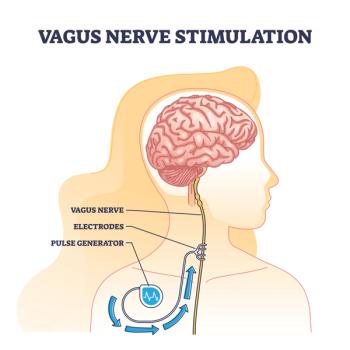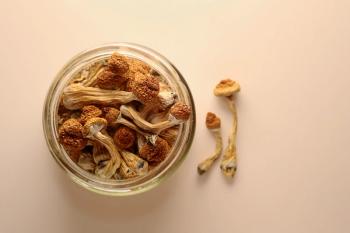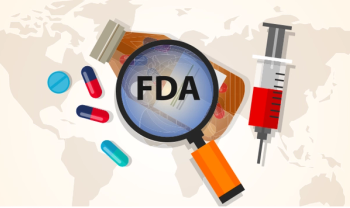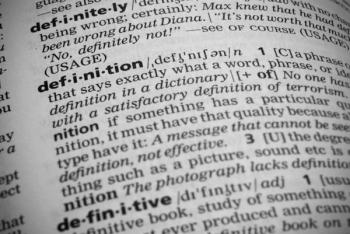
Moving More Modifies Mood. The Mounting Evidence for Exercise As an Antidepressant
Various treatment guidelines for depression recommend exercise, but they tend to be short on details
Efforts have been made in recent years to clarify the value of exercise as an adjunctive or independent treatment for major depressive disorder (MDD), of which treatment resistant depression (TRD) is a major subgroup that accounts for approximately one-third of patients.
A 2024
In the meta-analysis, lead author Michael Noetel, PhD, a senior lecturer at the University of Queensland, Brisbane, Australia, and his co-authors concluded that different types of exercise work better for men than women, but that overall, “the effects of exercise were proportional to the intensity prescribed,” and, “exercise could be considered alongside psychotherapy and antidepressants as core treatments for depression.”
The meta-analysis encompassed 218 studies that combined had a total of just over 14,000 participants. Strength training and cycling were shown to work best for women, while effects were stronger for men when yoga, tai chi, and aerobic exercise were prescribed alongside psychotherapy, the authors explained.
“Exercise appeared equally effective for people with and without comorbidities and with different baselines of depression,” they wrote.
Clinical guidelines in the United States, United Kingdom, and Australia recommend exercise, but are not clear about the details about how much and what type of exercise would help. The American Psychiatric Association recommends any dose of aerobic exercise or resistance training, whereas the Australian and New Zealand authorities recommend twice weekly sessions of strength or vigorous aerobic exercises, Noetel and his co-authors wrote.
Evidence for the effectiveness regular weekly exercise sessions in treating MDD came from a 2011
World Health Organization and Britain’s National Institute for Health and Care Excellence guidelines recommend exercise as adjunctive treatment for MDD. The diversity and bias of the many studies upon which these guidelines are based have, however, “failed to provide convincing evidence to enable clinicians globally to implement exercise as an evidence-based adjunctive treatment option” for MDD, wrote Andreas Heissel, Ph.D., of the University of Potsdam in Germany in a
Heissel and his co-authors concluded that moderate intensity and aerobic exercise are efficacious and should be offered as an MDD treatment option in a group or supervised context. “Among 41 randomized controlled trials, we found exercise interventions had a large effect favoring exercise over control conditions,” they wrote.
Furthermore, they wrote that the effects of exercise have tended to be underestimated when bias tests are applied, which they said was misleading. “The positive effect of exercise remains significant regardless of risk of bias, depressive classification, exercise type, group setting, type of supervision or sample size,” they wrote.
Investigators have suggested that structured exercise and the social aspect of group exercise may be key reasons for the greater reliability of these exercise options in treating serious depression.
Still, Noetel and his fellow researchers were not quite ready to put exercise on an equal footing with more widely accepted treatment modalities in the armamentarium for MDD and TRD. “Further steps need to be undertaken to consider exercise as a first-line treatment for depression alongside psychotherapy and medication, including conducting non-inferiority trials to demonstrate that exercise is non-inferior to current first-line treatments,” they wrote.
Newsletter
Get the latest industry news, event updates, and more from Managed healthcare Executive.























